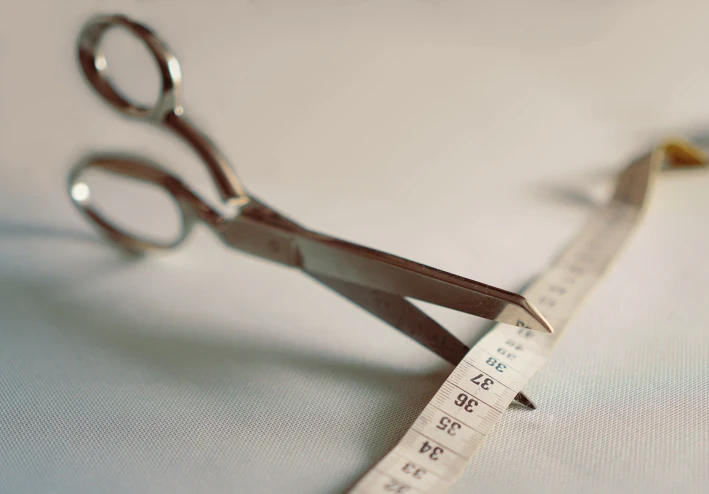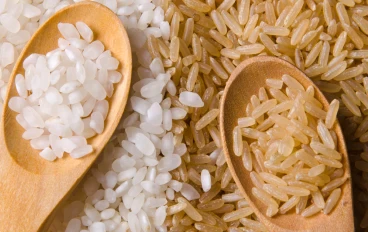
Fastest Ways to Lose Weight: Effective Strategies for a Healthier You
Introduction
In today’s fast-paced world, many individuals seek fast weight loss solutions to meet their health and aesthetic goals. While the desire for rapid results is common, it’s essential to approach weight loss in a sustainable and healthy manner. This article outlines the fastest ways to lose weight, focusing on effective methods that combine healthy dieting and exercise, along with the importance of mental support during your journey.
Understanding Weight Loss
Before diving into the fastest ways to lose weight, it’s crucial to understand the fundamental principle of weight loss: creating a calorie deficit. This means burning more calories than you consume. However, achieving this deficit requires a balanced approach that encompasses nutrition, physical activity, and psychological well-being.
1. Adopt a Healthy Diet
Focus on Nutrient-Dense Foods
One of the most effective weight loss methods is to shift your focus from calorie counting to eating nutrient-dense foods. Foods that are high in nutrients but low in calories help you feel fuller for longer while providing essential vitamins and minerals. Incorporate the following into your diet:
- Fruits and Vegetables: Rich in fiber and water, these foods are low in calories. Aim to fill half your plate with them at each meal.
- Lean Proteins: Foods like chicken, fish, beans, and legumes can boost your metabolism and promote muscle retention during weight loss.
- Whole Grains: Choose whole grains over refined grains. Brown rice, quinoa, and whole-wheat bread provide more fiber and keep you satiated.
Control Portion Sizes
Portion control is key to managing caloric intake. Use smaller plates and bowls to help control portions, and be mindful of serving sizes. Eating slowly and savoring each bite can also prevent overeating.
2. Hydration is Key
Drinking plenty of water is often overlooked in weight loss plans. Staying hydrated can help with appetite control and may even boost your metabolism. Aim for at least 8 cups of water a day, and consider drinking a glass of water before meals to help reduce hunger.
Incorporate Hydrating Foods
In addition to drinking water, include hydrating foods in your diet. Foods like cucumbers, watermelon, and oranges not only keep you hydrated but also provide essential nutrients with fewer calories.
3. Exercise for Weight Loss
Combine Cardio and Strength Training
Exercise is a critical component of any weight loss plan. Combining cardio with strength training can yield the best results. Here’s how:
- Cardiovascular Exercise: Activities like running, cycling, and swimming help burn calories and improve cardiovascular health. Aim for at least 150 minutes of moderate-intensity cardio each week.
- Strength Training: Incorporating weight lifting or body-weight exercises two to three times a week can help build muscle, which burns more calories at rest. Focus on major muscle groups with exercises like squats, lunges, and push-ups.
High-Intensity Interval Training (HIIT)
HIIT workouts involve short bursts of intense activity followed by rest periods. This method can burn more calories in a shorter amount of time compared to steady-state cardio. Incorporating HIIT into your routine two to three times a week can significantly enhance your weight loss efforts.
4. Get Plenty of Sleep
Sleep plays a vital role in weight loss. Lack of sleep can disrupt hormones that regulate hunger, leading to increased appetite and cravings for unhealthy foods. Aim for 7-9 hours of quality sleep each night. Here are some tips for better sleep hygiene:
- Create a Sleep Schedule: Go to bed and wake up at the same time every day.
- Limit Screen Time: Reduce exposure to screens at least an hour before bedtime to promote better sleep.
5. Manage Stress Effectively
Stress can lead to emotional eating and weight gain. Implementing stress management techniques is crucial during your weight loss journey. Consider the following strategies:
- Mindfulness and Meditation: Practicing mindfulness can help you become more aware of your eating habits and emotional triggers.
- Physical Activity: Exercise is a great stress reliever. Even a short walk can improve your mood and reduce stress levels.
6. Keep a Food Diary
Tracking your food intake can help identify patterns and areas for improvement. A food diary allows you to see how many calories you’re consuming and helps hold you accountable. Use apps or journals to log meals, snacks, and beverages.
7. Seek Support
Having a support system can make a significant difference in your weight loss journey. Whether it’s friends, family, or a support group, sharing your goals and challenges can provide motivation and accountability. Consider joining a weight loss group or enlisting a workout buddy.
8. Consider Professional Guidance
If you’re unsure where to start or struggle with weight loss, consulting a registered dietitian or a certified personal trainer can provide personalized guidance tailored to your needs. They can help create a comprehensive plan that incorporates your dietary preferences, fitness level, and lifestyle.
Conclusion
Achieving fast weight loss is possible with the right strategies and mindset. By adopting a healthy diet, engaging in regular exercise, managing stress, and seeking support, you can create a sustainable weight loss plan that promotes long-term health and well-being. Remember that weight loss is a journey, and it’s essential to be patient with yourself as you work toward your goals. With commitment and the right approach, you can transform your life for the better.





































